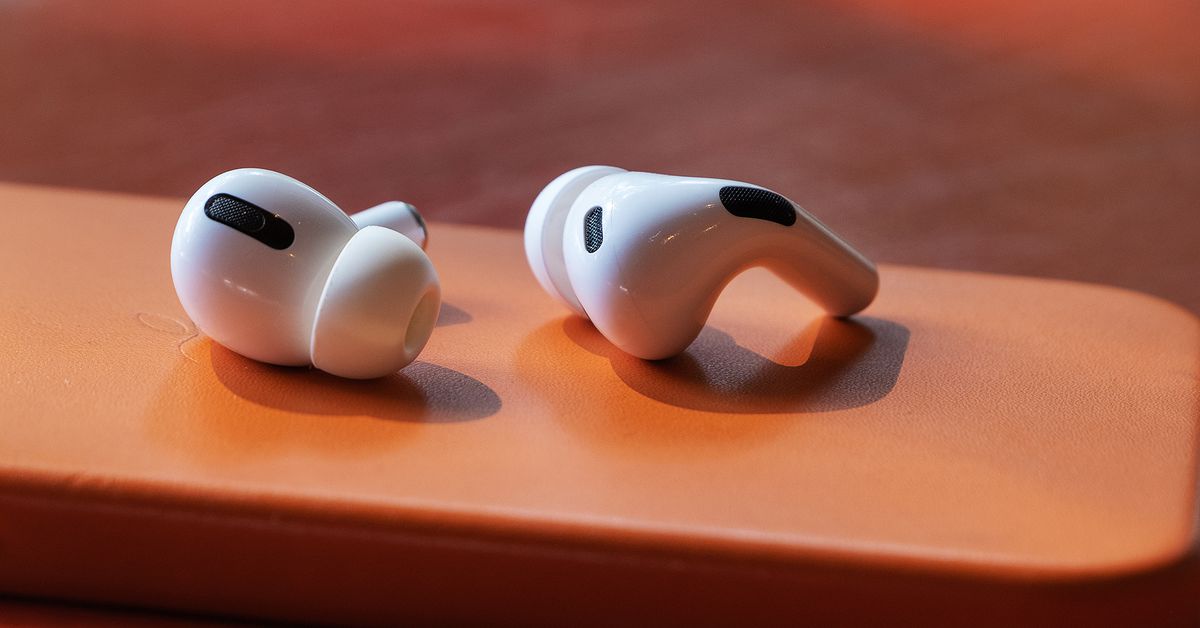/cdn.vox-cdn.com/uploads/chorus_asset/file/24040655/226285_AIRPODS_PRO_2_cwelch_0011.jpg)
The Federal Communications Commission announced that going forward, all mobile handsets, including smartphones, in the US will have to be compatible with hearing aids. It’s also established new rules around volume control and improved product labeling so people with hearing aids can make informed buying decisions.
The gist is the FCC is establishing a Bluetooth pairing requirement, thereby discouraging smartphone makers from using proprietary versions that could limit compatibility. In a press release, it says that doing so will ensure universal connectivity between mobile phones, hearing aids, and over-the-counter hearing aids. While a Hearing Aid Compatibility Task Force report found that most smartphones do support hearing aids, this helps close the remaining gap.
Smartphone makers will also have to meet new volume control benchmarks that will allow users to increase volume without introducing distortion. The goal there is to make sure everyone, not just people with severe hearing loss, can have clearer audio. Lastly, companies will also have to revise product labeling to include information about hearing aid compatibility, telecoil or Bluetooth coupling requirements, and conversation gain — how high a phone’s volume can get while still meeting volume control requirements.
It’ll take a bit for the new rules to fully take effect. The transition period will be 24 months for handset manufacturers, 30 months for nationwide service providers, and 42 months for non-nationwide providers. Even so, this dovetails with public health efforts to improve hearing aid accessibility in recent years. Two years ago, the Food and Drug Administration introduced OTC hearing aids to provide cheaper options for people with mild to moderate hearing loss.
Services Marketplace – Listings, Bookings & Reviews
